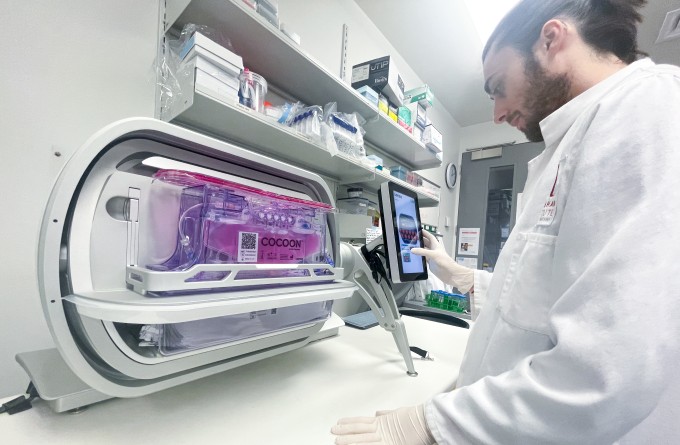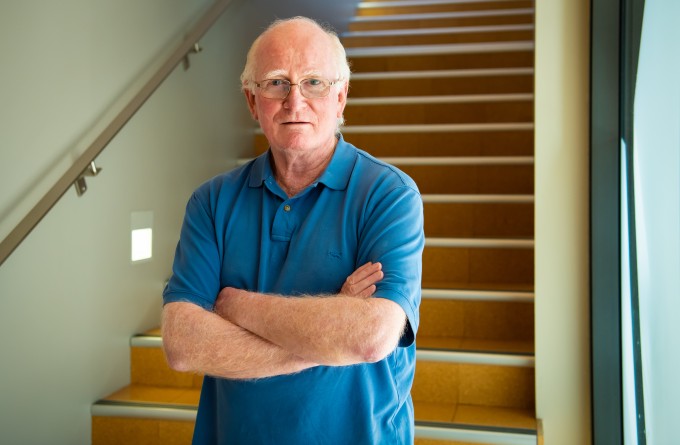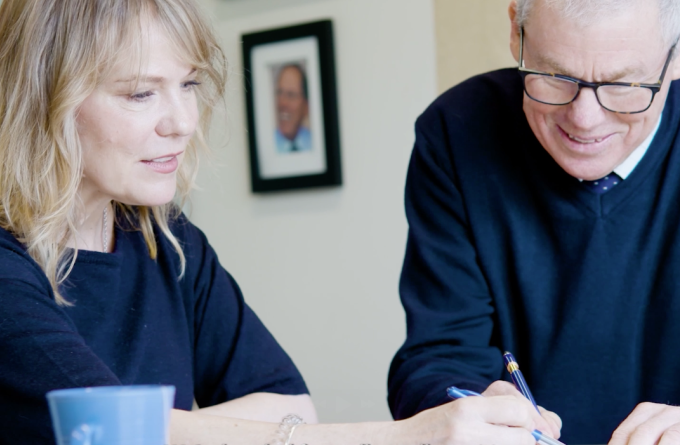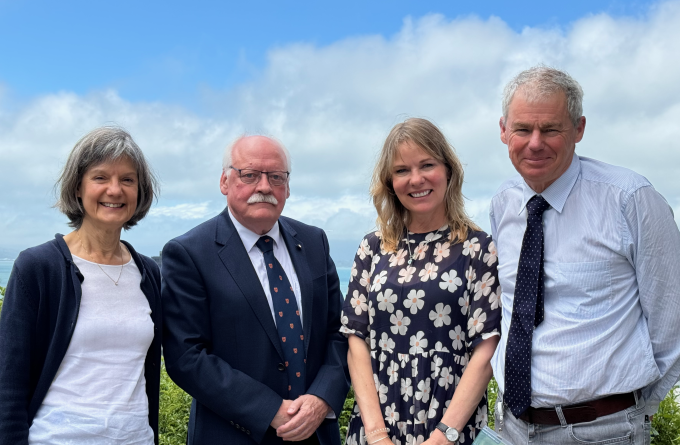21 November 2019
The Malaghan Institute has been awarded a prestigious Marsden Fund grant to pursue a new line of investigation into CAR T-cell cancer therapy.

In its latest round of funding, Te Pūtea Rangahau a Marsden, the Marsden Fund, has allocated $958,000 over three years to investigate the tumour-homing properties of CAR T-cells to facilitate targeted chemotherapy of solid tumours. The research will be led by Professor Ian Hermans, the Institute’s Deputy Director and Cancer Immunotherapy Programme Leader.
CAR T-cell therapy, a ground-breaking approach to fighting cancer, has proven most effective to date for treating blood cancers, such as certain types of leukaemia, lymphoma and myelomas.
“Solid tumours are difficult to treat compared to something like a lymphoma for a number of reasons,” says Prof Hermans. “Solid tumours don’t have useful markers or identifiers in the same way blood cancers do, and the internal environment created within a tumour makes it hard for any therapies to reliably penetrate, lowering the overall treatments effectiveness at eradicating the disease.”
One area of research this funding will explore in more detail is whether or not combining CAR T-cell therapy with other immunotherapies or chemotherapies will help overcome this barrier of CAR T-cell application in solid tumours.
Malaghan Institute Director Professor Graham Le Gros says the Marsden funding acknowledges the Institute’s depth of expertise and capability in cancer immunotherapy including, most recently, CAR T-cell research and development.
“Our aim is to apply experience and learnings from our ongoing Freemasons CAR T-cell Research Programme, and our current clinical trial, in a solid tumour model. The work is still in its infancy, but we’re excited to see where this cutting-edge area of research will take us, with the support of this significant funding.”
Related articles

Malaghan CAR T-cell cancer therapy trial expands to Christchurch and Auckland
23 June 2025

Horizontal mitochondria transfer: 10 years on from a groundbreaking discovery
7 May 2025

Kjesten Wiig: bringing life-changing treatments to life
27 February 2025

Cancer Research Trust grant to improve CAR T-cell therapy
12 February 2025

World-renowned cancer pathologist joins the Malaghan Institute as Distinguished Research Fellow
19 December 2024

New Zealand to New York and back again: Malaghan researcher tackling liver cancer
18 November 2024
